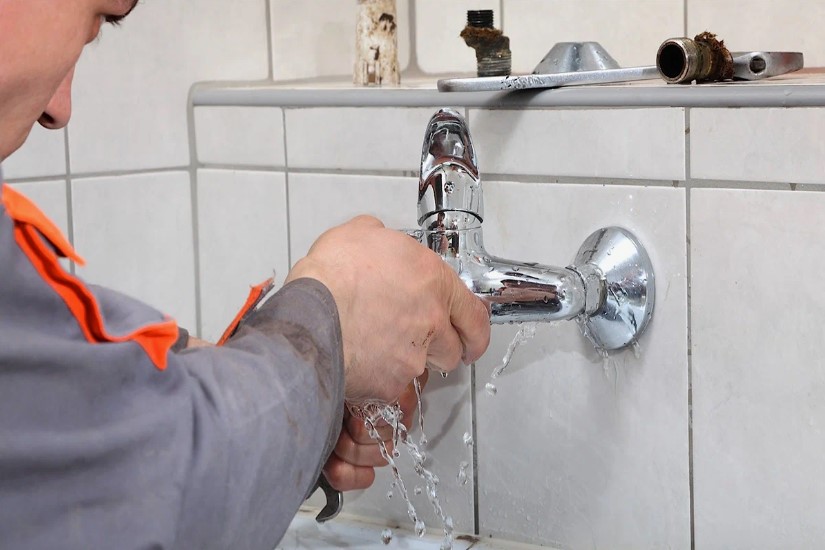Solar energy is a smart and sustainable choice, but investing in high-quality solar panels is essential to maximize efficiency and long-term benefits. With countless options in the market, understanding how to check the quality of solar panels can make all the difference in your solar energy journey. In this guide, we’ll walk you through key factors and tips to evaluate the quality of solar panels effectively.
Check for Certifications
Certifications serve as an assurance of quality and compliance with international standards. Look for certifications such as:
- IEC (International Electrotechnical Commission): Ensures the panel meets safety and performance standards.
- UL (Underwriters Laboratories): Guarantees reliability and durability under various conditions.
- TUV Rheinland Certification: Confirms high-quality testing of the solar panel.
Panels with these certifications are tested for efficiency, reliability, and safety, ensuring long-term performance.
Examine Efficiency Ratings
The efficiency of a solar panel determines how much sunlight it can convert into usable energy. High-quality solar panels typically have an efficiency rating between 15% and 22%. Panels with higher efficiency may cost more but generate more energy, offering better value over time.
Look for panels with a low-temperature coefficient, as they perform better in hot climates by minimizing efficiency losses in high temperatures.
Assess the Warranty
A robust warranty is a clear indicator of quality. Most reputable manufacturers offer:
- Performance Warranty: Ensures the panel will maintain a certain output (e.g., 80% of its capacity) after 25 years.
- Product Warranty: Covers defects and materials for 10–25 years.
Longer warranties signal that the manufacturer has confidence in their product’s durability and performance.
Inspect the Build Quality
A physical inspection can reveal a lot about the quality of a solar panel. Ensure that:
- Glass and Frame: The glass is tempered and resistant to extreme weather, while the frame should be corrosion-resistant.
- Encapsulation: Proper encapsulation protects the cells from moisture and damage.
- Solar Cells: Look for uniformity and the absence of cracks or discoloration.
Research the Manufacturer
Reliable manufacturers invest in research and development to produce top-notch solar panels. Check for:
- Brand Reputation: Look for reviews, ratings, and user feedback.
- Experience in the Market: Established brands are more likely to deliver reliable and efficient panels.
Leading solar panel brands like LONGi, Trina Solar, and JinkoSolar are known for their high-quality products.
Test for Performance Metrics
Before finalizing your purchase, consider evaluating performance metrics such as:
- Power Tolerance: Quality panels have a positive power tolerance, meaning they can deliver more power than their rated capacity.
- PID Resistance (Potential Induced Degradation): Panels resistant to PID maintain efficiency over time, even under stress conditions.
Consider Independent Testing Reports
Ask for third-party testing reports conducted by credible institutions. These reports provide unbiased performance data, including efficiency, durability, and resistance to extreme conditions.
Verify Compliance with Local Standards
Ensure the solar panels meet local regulatory standards and are compatible with your region’s grid and climate. Panels suited for tropical areas may differ from those for colder climates.
Conclusion
Investing in high-quality solar panels is critical for a successful solar energy system. By evaluating certifications, efficiency, build quality, and warranties, you can ensure your solar panels will provide reliable energy for decades. Conduct thorough research, compare brands, and consult with professionals to make an informed decision.
Switching to solar is a long-term commitment—choosing the right panels ensures that your investment pays off both economically and environmentally.



